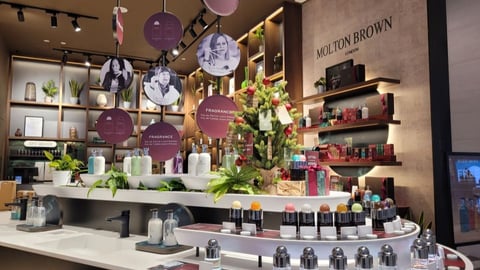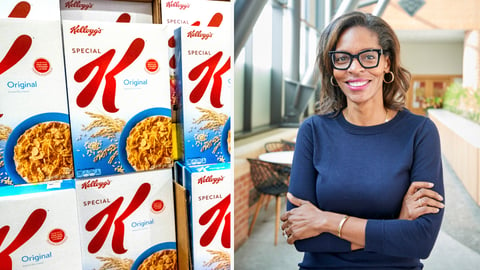It’s Time for CGs to Embrace AI-Enabled Customer Support and Engagement
The recent news of Salesforce’s $27.7B acquisition of Slack and Facebook’s $1B purchase of Kustomer has drawn more attention to the significance of chat-based tools for customer service and support. Facebook has already made moves to integrate Messenger and WhatsApp platforms into their commerce offerings and notes that more than 175 million people contact businesses daily via WhatsApp. Tools like Slack and Kustomer are key in enabling employees to manage customer conversations and relationships long-term.
As more brand engagement and transactions move online across multiple channels, we will see a large uptick in consumers expecting on-demand service and support through chat, messaging and text-based services. In fact, studies show that 89% of consumers prefer to use messaging to communicate with brands. In many markets, especially in Asia, native messaging apps like Line, WeChat and WhatsApp have become central to consumers’ experiences with the brands, providing a full funnel experience from initial engagement, purchase and service and support.
Looking collectively across channels, one study shows there are nearly 265 billion customer requests per year, and companies spent nearly $1.3 trillion on that support. Messaging platforms can help consumer goods companies manage this volume, but they still require support from human interactions, and hiring at scale to support these increased interactions may not be feasible for many businesses. Therefore, in addition to messaging capabilities, CG companies should be investing in AI tools such as chatbots to automate many of the consumer interactions.
Chatbots built using AI versus command-based interactions allow companies to have human-like, always-on customer conversations with instant response that helps reduce operational costs up to 30% while still providing a great experience. They provide a self-service interface for consumers, which when done properly can dramatically reduce time, stress and friction for the consumer.
These AI tools aren’t only for post-purchase support but can also help support the consumer throughout their purchase journey. For example, Sephora allows customers to interact with AI-driven “beauty specialists” by sending a message through Facebook Messenger or the brand’s app. The customer can request consultation appointments, request how-to help and reviews, and even scan a picture of an image or celebrity “look” to get a list of recommended beauty products.
Other companies, like Starbucks and Domino’s Pizza, have enabled their customers to place orders by voice or chat through their apps. The more customers engage with the app, the smarter it becomes about their preferences, making menu suggestions and remembering their favorite orders. Domino’s launched their ordering bot during Super Bowl weekend, one of their biggest ordering days, helping to alleviate phone and website traffic.
To successfully leverage AI-driven consumer engagement and service, CG companies will need to focus on creating and managing a data strategy that enables the chatbot to” learn” from behaviors and stated needs to become smarter and more responsive over time, such that it can provide an experience on-par with one that is human driven.
One common mistake many companies make when implementing chatbots is using the wrong data — often they have a lot in the form of common answers, but not a lot of questions. To properly prepare the chatbot to respond to consumer questions, it needs to be trained on questions in the way consumers ask them so that it can classify the intent of those engagements and then attach to the response content and experience the company wants to provide. These questions and stated needs can be found, in the consumers’ voice, in call center logs, social media listening and customer service emails.
Most CG companies, especially those who don’t primarily sell direct to consumers online, are not prepared to manage this scale of consumer demand. To deliver the integrated experience that consumers are looking for, companies need to transform their operations to rely more heavily on tools that enable automation to support these consumer needs. With some investment in the technology, a strong data strategy and a small team of data scientists, any company can stand up and run a chatbot for their consumers.
The chatbot can save the company in customer service costs, but also help to create personalized experiences for the consumer. This type of customer service offering is a tremendous competitive advantage in the future, and with the trend towards direct-to-consumer accelerating, CG companies must act now.
Even for the CG companies who aren’t selling direct through their website, it is still important to invest in these services as customers may engage with them via social media or their brand website. For CG companies, the increase in modes and channels for consumer engagement support will require shifts in processes, tools and methods.
Kristen Groh is GVP, managing partner and the North America consumer products portfolio lead at Publicis Sapient where she works with clients in the consumer products industry to help them transform into digital businesses, well equipped to respond to today’s consumers’ rapidly evolving needs and behaviors. In addition to her experience in CPG, Kristen has led client relationships in the power sports, pharma, heavy machinery and technology industries. Her career has evolved across creative, technology and strategy, and always centered on the belief that experience drives brand affinity and data beats opinion.





